As your one stop portal for all things sarong, we felt the need to take a step back and revisit this rather important question. If you've ever asked yourself -
What is a sarong wrap? / What is it made of? / What is it used for? Then look no further because we're here to answer your questions!
Whether they’re featured in history books as a traditional garment of the past, worn on beaches as a bathing suit cover-up, or worn for ceremonial purposes, sarongs are a universal piece of clothing that have a long history. Worn by both men and women in South Asia, Africa, and the Pacific Islands, a sarong is a long piece of fabric, often decorated with colors and prints that is commonly draped around the body and requires no sewing.
Originating from the Malay word for
"covering", sarongs are historically popular in different parts of the world and take on different names in different regions. For example, those residing in the South Pacific Islands call sarongs a
“pareos” while those in Indonesia, Thailand, and Philippines call it a
“sarong”. The people of Africa call it a
“kanga” and those of India call it a
“sari”. Ancient Grecian even had their own garment similar to a sarong: the
“toga”. The Fijians also have their traditional wear for men known as a
“lungi”. No matter what its name is - sarongs hold a special value in certain cultures, particularly Indonesia, that dates back thousands of years.
Handmade Indonesian sarongs are made using a common dyeing technique called batik. The labor - intensive process involves using pieces of wax as a stencil to outline which parts of the sarong will be dyed and which will not. Seen as a true art form in Indonesia, batik is usually seen in the more popular regions of Indonesia (Java and Bali), and can take hours to be made perfect. Men usually wear checkered sarongs as a skirt while women wear more colorful, artistic patterns from the shoulders down.
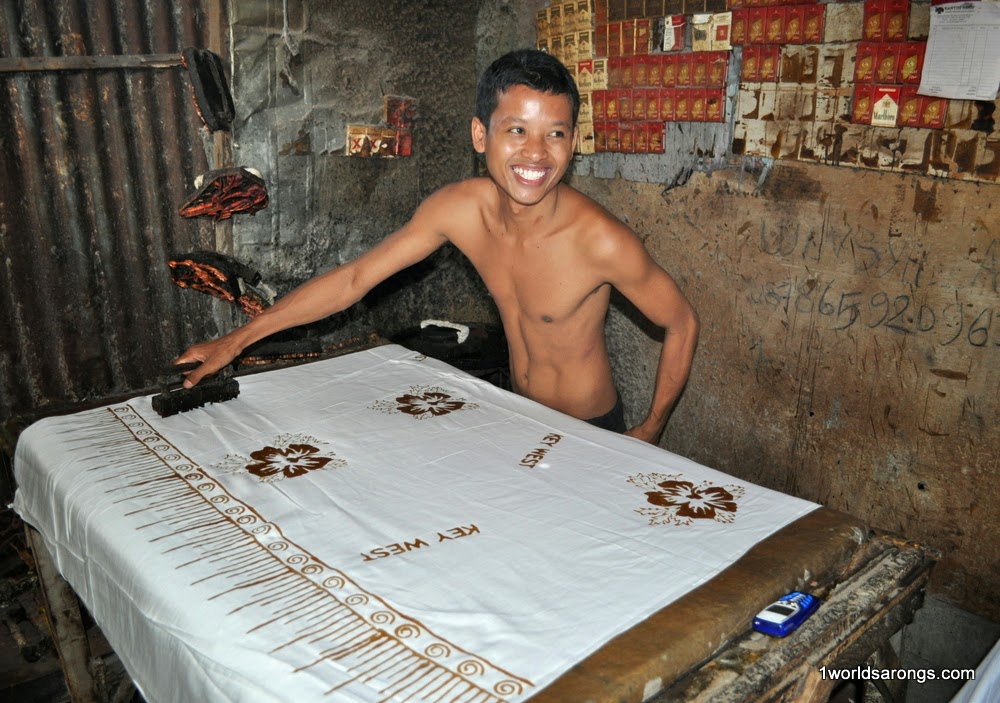 |
| Batik stamp method |
Sarongs are loved for their soft, airy and lightweight feel. Not only do they allow for full body movement, but they are an ideal everyday piece of clothing for labor workers in tropical climates. Commonly worn in the Western world as a bathing suit cover - up, sarongs have become a staple for many due to its versatility.
Originally reserved for Indonesian royalty, sarongs are now seen as an everyday life garment that is worn around the world and come in a variety patterns. A versatile garment, sarongs can be styled in a number of ways and is
popularly used when traveling. The most basic way of wearing a sarong is to wrap it length - wise across the waist just above the navel and tie the corners until it is tight and secure.
Other ways to wear a sarong are as follows:
- Drape dress
- Bandeau dress
- Toga dress
- Scarf
- Head wrap
- Bathing suit cover up
- Sarong skirt
- Wrap skirt
- A top
Sarongs are also available in a number of patterns to suit fashion - forward beauties. From animal and floral print to tie dye and solid prints,
1 World Sarongs is a one-stop shop that has a sarong style for every personality.
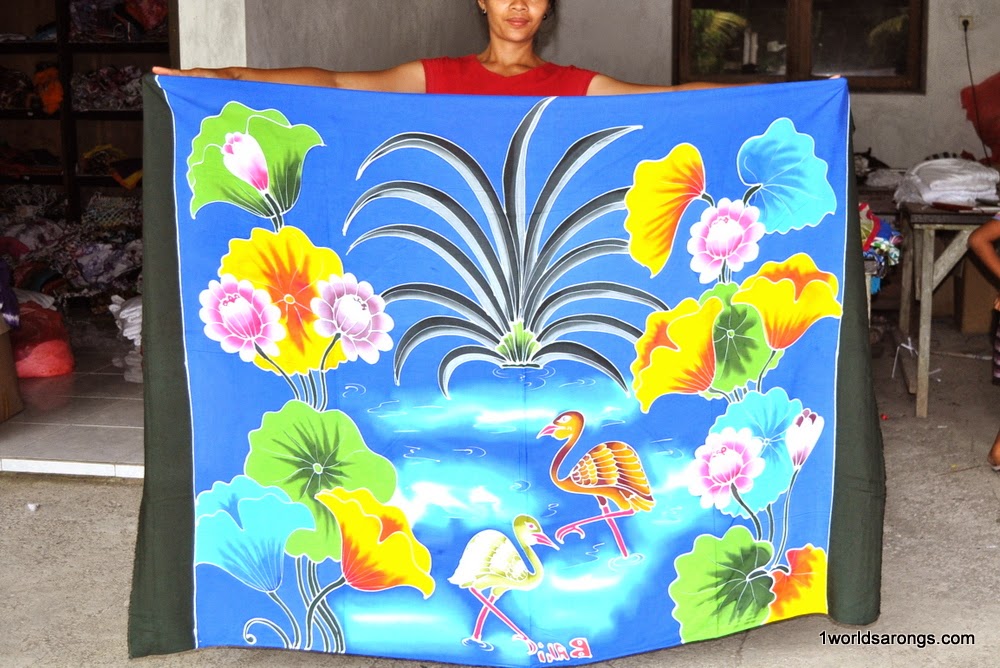 |
| Hand painted batik method |
Looking for a
creative way to tie your sarong? Use a brooch or a specially made
sarong tie. The latter comes in a number of shapes and colors to suit one’s desire. Common shapes for a sarong tie are floral, heart, butterfly, star, and diamond. It’s a perfect gift to pair with a sarong for your loved ones.
While sarongs remain a traditional dress form in the Eastern parts of the world, they have quickly become a staple piece of garment worn around the globe in modern times.
 |
| Sarong as a beach cover up |
In your opinion, what is a sarong? We'd love to hear your thoughts, feel free to leave us a comment!
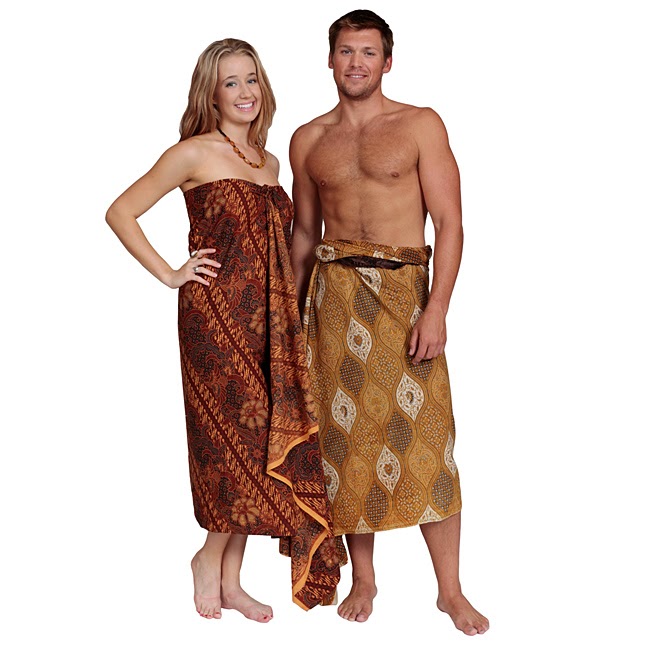


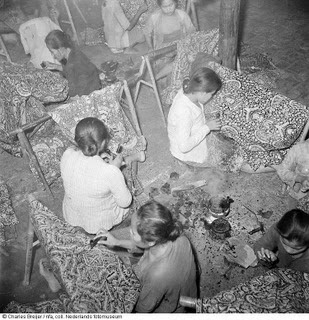
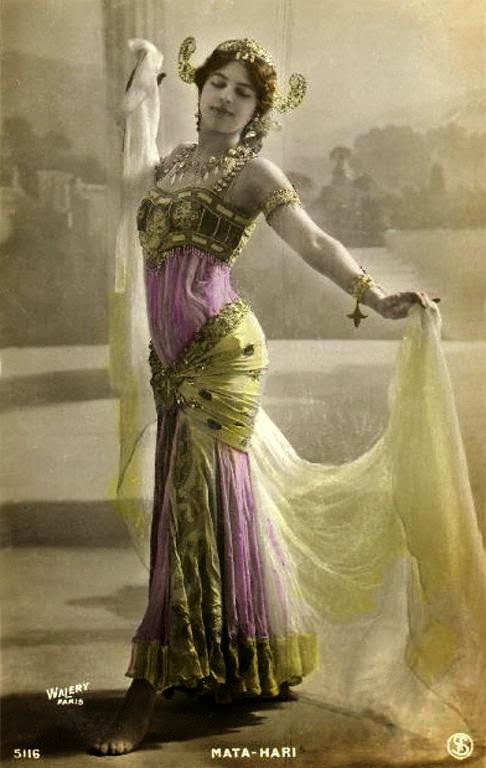


No comments :
Post a Comment